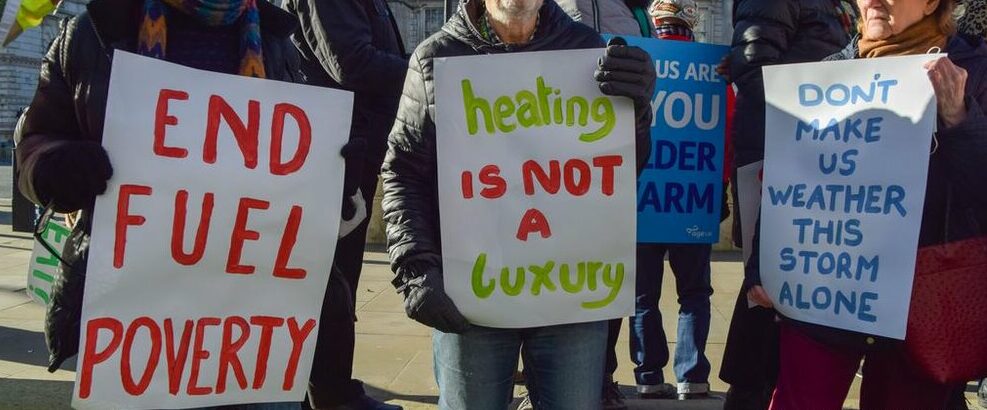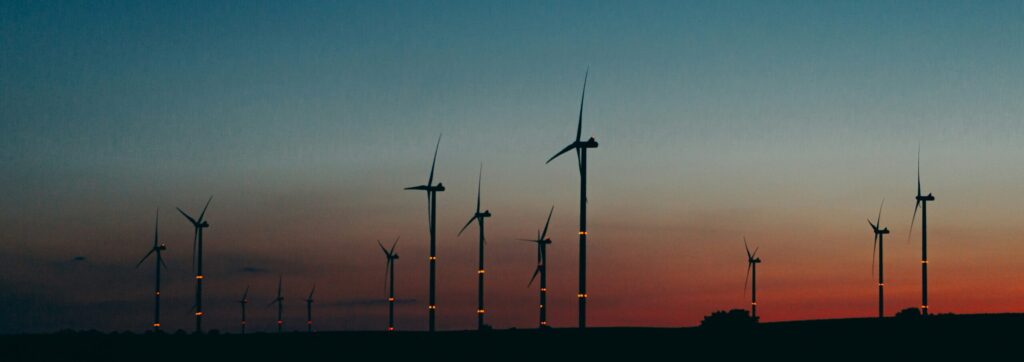There’s a worldwide energy crisis produced by geopolitical shocks colliding with the longstanding plans of Western governments to get rid of reliable, affordable fossil fuels and hope something turns up. Other than the temperature, we mean, since China is blasting ahead with coal plants while letting us cripple ourselves. At some point the painful confrontation between voters’ lives and political virtue-signaling is going to take a toll. As a Toronto Sun editorial put it, “Surging gasoline prices, supply chain shortages of many goods and services and inflation at its highest level in three decades are a window into what a ‘decarbonized’ Canada will look like in 2050.” And it ain’t pretty. Even Canada’s state broadcaster, the CBC, headlined a recent story picked up by MSN “‘I can’t afford these prices’: Gas in Ottawa hits record high”. Too bad, there’s more where that came from. Even if our governments can’t take all the credit for current high prices, the ultimate driver is scarcity of fossil fuels which is exactly what they’ve been telling us they want, and will cause, for decades. Congratulations. It’s here.
Euronews.green is smiley about the mess, saying
“Across Europe, the cost of living crisis is hitting a majority of people with increased food, fuel and electricity bills. Even before the war in Ukraine, the price of energy was rising and costs at the fuel pump were starting to sting. Now one of the ways some European countries are offering their citizens a helping hand is to cut the price of train, bus and tram tickets.”
There is something absurdly not-to-scale about this response.
Also totally off-the-mark since, simultaneously, Reuters reported that “Europe looking to get a million tonnes of coal annually from Botswana, says President Masisi”. Because you have to have energy to keep the lights on to read all those IPCC Reports. Just ask people in India. Are they reacting to this heatwave by cracking down mercilessly on “carbon pollution”? Not a bit of it. Instead “India relaxes environment rules for coal mines, citing heatwave”. Phys.org lectures these silly Third World people that “Coal makes up more than two-thirds of India’s energy needs, even as unseasonably hot weather illustrates the threat from climate change caused by burning fossil fuels.” Or, as the Indians might understandably reply, the threat from not having enough energy to run the air conditioning and refrigeration systems.
It’s a real-world thing, you see. And the situation is serious enough that even the leaders of western countries might have to take notice. Hence the British headline “Energy firms asked to keep burning coal as ministers fight to keep lights on/ Coal operations set to be extended beyond planned September shut-off”. And it’s now becoming obvious why. Especially once you read that, for instance,
“Energy bills are on course to surge to almost £3,000 by the end of the year, the boss of one of the UK’s largest suppliers has warned. Keith Anderson, chief executive of Scottish Power, which has about 5m customers, warned of a ‘huge increase’ in customers being unable to pay for their energy unless ministers step in with more support. Mr Anderson warned annual bills are on course to climb to around £2,900 when the energy price cap is reset in October to factor in wholesale gas prices up to August.”
Or this item: “U.K. Says 43% of People Will Struggle to Pay Their Energy Bills”.
At the same time, “The European Union looks set to secure a ban on Russian oil imports to its 27 member states, a historic shift designed to hit Russia’s national finances and weaken its war machine as the invasion [of Ukraine] grinds on into its 11th week.” So what’s going to replace it?
Possibly American natural gas. It seems to work better than unicorn dust. And speaking of America, Climate Realism notes that “Americans Still Rank ‘Climate Change’ Dead Last Among Environmental Concerns, Reports Gallup”. Which some might ascribe to their being a basket of deplorables. But others might point to the harmful consequences of what, for once, is deliberate policy not the usual well-meaning error.
As Climate Depot adds “The INTENDED Consequences of climate policy: ‘Electricity Shortage Warnings Grow Across U.S.’” The reference is to a Wall Street Journal story saying
“From California to Texas to Indiana, electric-grid operators are warning that power-generating capacity is struggling to keep up with demand, a gap that could lead to rolling blackouts during heat waves or other peak periods as soon as this year…. The risk of electricity shortages is rising throughout the U.S. as traditional power plants are being retired more quickly than they can be replaced by renewable energy and battery storage. Power grids are feeling the strain as the U.S. makes a historic transition from conventional power plants fueled by coal and natural gas to cleaner forms of energy such as wind and solar power, and aging nuclear plants are slated for retirement in many parts of the country. The challenge is that wind and solar farms – which are among the cheapest forms of power generation – don’t produce electricity at all times and need large batteries to store their output for later use.”
Oh. Just that.
It’s curious the extent to which these policies were deliberate without deliberation. Even now the Biden administration is cancelling oil and gas leases while calling for more domestic production. And NBC whined that “Soaring gas prices test Biden on climate change/ The president’s ambitions on the issue are crashing into an election-year scramble to show tangible economic progress to voters anxious over surging inflation.” But as Michael Shellenberger tweeted irritably about the Wall Street Journal piece, and particularly a quotation in it from the Chief Executive of the Midcontinent Independent System Operator that oversees the power grid for much of the central U.S., “The California model is spreading across the US. Scary they’re only realizing this now: ‘As we move forward, we need to know that when you put a solar panel or a wind turbine up, it’s not the same as a thermal resource,’ such as gas or coal.” Even the WSJ’s news department is deep into the green Koolaid, writing “Large, sustained outages have occurred with greater frequency over the past two decades, in part because the grid has become more vulnerable to failure with age and an uptick in severe weather events exacerbated by climate change.” Uh, anything else?



The only crisis in energy is one of energy ignorance. You know it's endemic when you see the WSJ talking about "..replaced by renewable energy and battery storage.." as if battery storage is something real or numerical possible. Significantly, "ignorance" includes innumeracy.
How come that no one talks about the future environmental damage that will happen when solar panels and storage batteries pass their use by date.
The same thing applies to the batteries of electric cars.